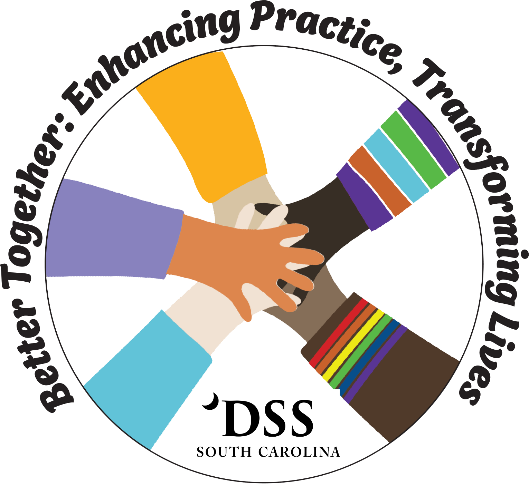K-12 Students Who Normally Receive Free or Reduced-Price School Meals to Receive Federal Food Assistance
FOR IMMEDIATE RELEASE
June 30, 2020
K-12 Students Who Normally Receive Free or Reduced-Price School Meals to Receive Federal Food Assistance
Columbia, SC- South Carolina has received approval from the U.S. Department of Agriculture to implement a Pandemic EBT (P-EBT) program, providing a one-time benefit to help supplement family food costs resulting from the COVID-19 pandemic and prolonged school closures. As many as 467,000 K-12 students in South Carolina, who qualify for free or reduced-price meals (FRP), are expected to receive this benefit.
The P-EBT program was authorized by Congress in the Families First Coronavirus Response Act of 2020. In obtaining federal approval for P-EBT, South Carolina joins 46 other states who have elected to implement this optional program.
Following Gov. Henry McMaster’s March 15th executive order regarding the pandemic, all public and private schools in South Carolina have been closed since Monday March 16th. With prolonged school closures, children are consuming meals at home that they otherwise would have received at school through the Richard B. Russell National School Lunch Program. This has exacerbated concerns about families’ food and financial security during this time.
DSS is partnering with the South Carolina Department of Education to identify those students eligible for FRP meals and sharing the necessary data to enable families to receive this much-needed assistance without having to apply for it.
"We know that schools in South Carolina do more than educate children; they provide them nutritious meals that many families depend on. Even during ordinary summers, many families struggle to keep children fed,” said DSS State Director Michael Leach. “Since schools closed much sooner due to the COVID-19 pandemic, many students have lost access to a vital food resource.”
“No child in South Carolina should have to go hungry,” said State Superintendent of Education Molly Spearman. “The Pandemic EBT program will help ensure our most vulnerable students and their families have the resources needed to put food on the table during the summer so they are healthy and ready to learn when schools re-start in the fall.”
Based on federal guidelines, the benefit amount for each child is based on a daily rate of $5.70, multiplied by the average number of days school was cancelled. For South Carolina, this equates to 58 days (March 16 – June 3). At $5.70 per day, each child who was enrolled in a FRP meals program in March will receive $330.
SNAP households with a qualifying child(ren) will automatically receive their P-EBT benefit on their regular EBT card on July 7th OR on their normal monthly SNAP issuance date, whichever is later. For children who were enrolled in a FRP meals program as of March 13th and are not receiving SNAP, DSS expects to begin mailing new P-EBT debit cards to the home address on file with the school district on July 20th.
Food purchasing with the P-EBT benefit is subject to the same restrictions as EBT cards issued for SNAP recipients and cards may be used at any store that accepts SNAP. Recipients will have one full year to use the benefit before it expires and receipt of P-EBT does not preclude participation in summer feeding programs or other community-based food programs for children and families.
“This might be the only way some of our most vulnerable children can obtain a nutritious breakfast or lunch and DSS appreciates the support of Congress, our Governor’s Office and the SC Department of Education to implement the program in our state,” Leach said.
For more information, view DSS’ Pandemic EBT FAQs.
Families that qualify for a P-EBT benefit but do not receive a card in the mail, should email PEBTBenefits@dss.sc.gov.

